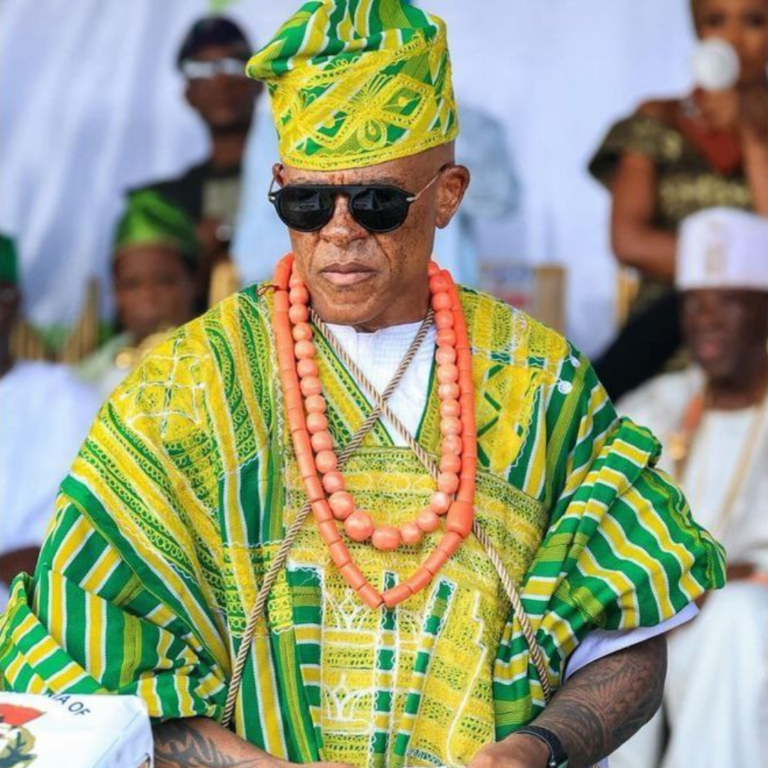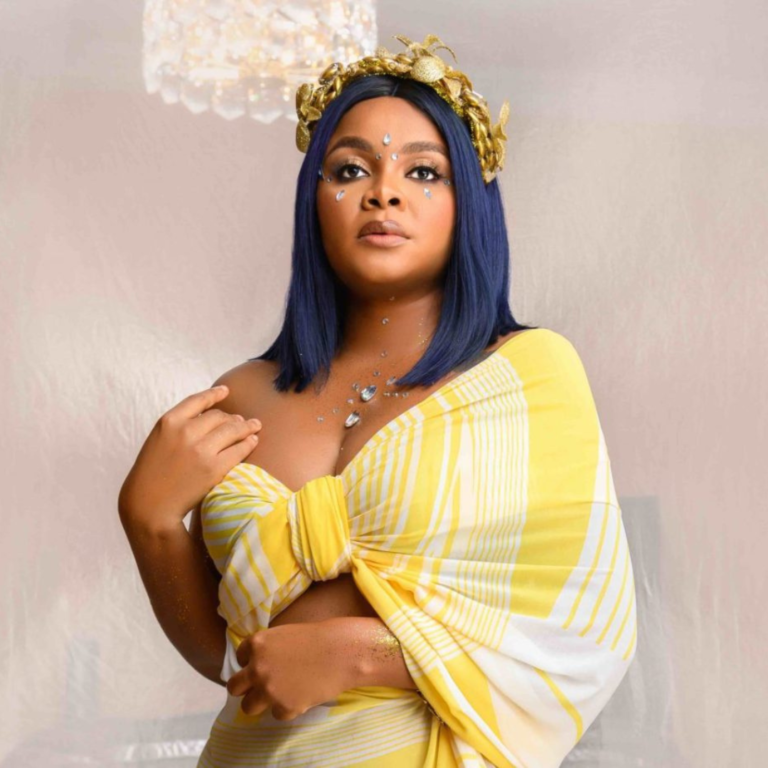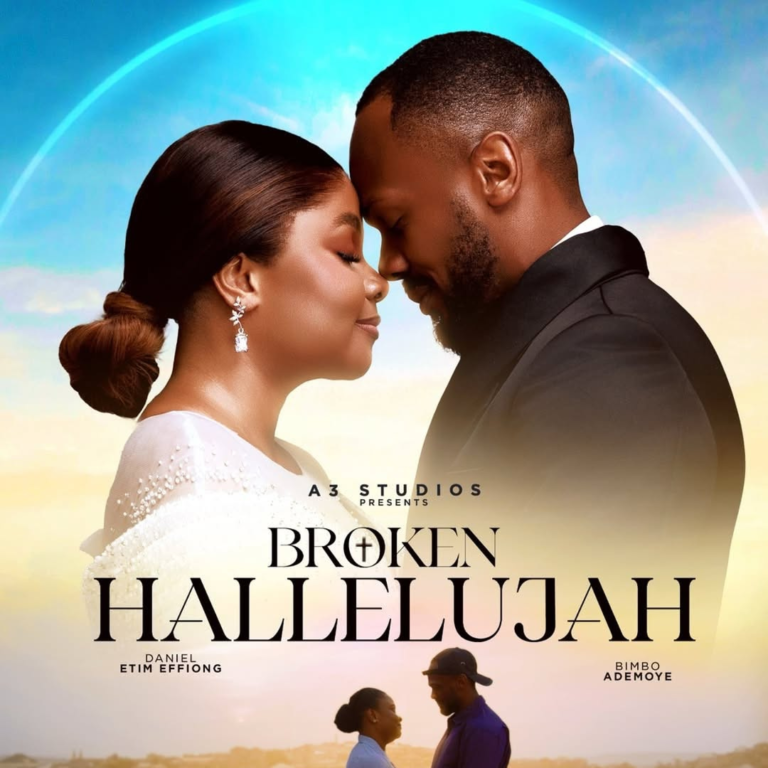Ayra Starr turned 21 in 2023. But like stars, her reflection is in retrospect. Hence, her second album, “The Year I Turned 21” (TYIT21), appears a year later, aligning perfectly with her birthday. In notice of this, her age-themed albums draw a specific parallel to the British music icon Adele. One can argue that Ayra Starr’s music and sonic concerns are different, but the universality of the experience of marking youth and independence is intact.
Age 21 was also a year of many firsts for Ayra. She came into 2023 with Sability and ended the year with appearances on two American movie soundtrack albums (Creed 3 and SPIDER-MAN: ACROSS THE SPIDER-VERSE) and a posthumous album of the legendary Bob Marley. She went on her first world tour. She was named Amazon’s Breakthrough Artist of 2023. She climbed the O2 stage for the first time at Rema’s “Ravage Uprising” show. A title doesn’t get more specific. “The Year I Turned 21” is a more profound title than a chronological buildup on her “19 & Dangerous” debut.
Now enjoying some career moments that surpass most of her predecessors’, conversations about Ayra’s music shift her to a trajectory that may transcend her into Afropop’s matriarch. Alongside Tems, she’s the anointed leader of the new uprising of female Afropop singers. These favourable speculations are fever pitches as her quick conferment majorly rests on the merits and success of her sophomore album.
The music is saying…
“I learned to be gangster, way from these dark times,” Ayra shares in Birds Sing of Money, opener of “TYIT21.” She spends the rest of the album owning that fearless identity, finding and defining what it means for her to be 21. How does she separate a fugazi from true love, independent versus dependent? Does she want to express freedom or curb enthusiasm, be a baby or face adulthood, keep her guard up or be a goofy youth, be a people-pleaser or live carefree, workaholism or chill and enjoy the fruits of labour?
Ayra’s music blends styles — afrobeats, hip-hop, pop, R&B, ragga, dancehall, house, amapiano, indie folk — to probe her conflicting feelings. She plasters them all against the backdrop of her career, expanding celebrity and blooming 20s. Her lyrics can be saccharine, but don’t get to a conventional bore.
With numerous global achievements just four years into her music career, Ayra has built her universe so high that the chant on Birds Song of Money ceremoniously likens her to the stars that light up the night. Forty seconds into the song, whose also uneasy but organised violin, heavy hip-hop drums, breezy strings, chiming chords, and reggae undertones thump with a threatening assertiveness, yet it’s also calm and composed, one marvels at the pure sonic mastery. Fantastic production by London and Marvey Again.
Her melodies are flexible, as is the boomeranging flow she spins on the P2J-produced Goodbye (Warm Up), featuring Asake. Ayra shows a toxic partner the door out, while Asake plays the heartbroken, self-righteous partner who lowkey won’t let go. His verse’s almost introspective that it convinces chronic gossip blog readers that it’s likely his response to his recently broken relationship. Ayra and Asake share chemistry, but this song’s strangely a mellow track hatched for the TikTok girlies and intimate parties like aprtment life where she previewed the song in April.
The already-released Commas sports an upbeat composition, interestingly just a tone and pitch away from Tekno’s Peace of Mind. Exchange ataraxis for financial merit, and you have a testament to Ayra’s increasing multiple-stream incomes and quality mindset. Commas has joyful production and melodies, though those overshadow its simplistic message that charges listeners to fight dirty for their dreams if they have to. All there is to know about the commitment to excellence is in her lines: “Dreams come true, if na fight / Fight the fight, make you no go tire / Fire dey go.” Perhaps it’s why it took fifteen versions and three producers (Ragee, London and AOD) to get the officially released Commas, according to her revelation during a recent sit-down with Billboard.
“Commitment to excellence” is a watchword she carries to her interviews these days. An evidence of that is her passage into the global music scene that fully unlocked after her appearance at the 66th Grammy Awards, where she was an inaugural nominee for the Best African Music Performance category. Put that moment into a lyrics generator, and Drake’s “Started from the bottom, now here we here” will pop up. She was excited to be there. So were the Western press and industry players warmed up to the new African music star girl. But frankly, her trajectory to own a seat among existing envelope-pushers like Tiwa Savage, Yemi Alade, and Simi has taken shape since her savvy, critically acclaimed 2022 “19 & Dangerous” debut album. It has a few national hits that pushed her over to international eyesight.
In Woman Commando, featuring Anitta (Brazil) and Coco Jones (U.S.), Ayra brags about flexing her squad and carrying everyone along, sounding confident and pleased as the production reverberates Ragee’s bass-heavy house instrumental. It’s a straight jam.
The album’s upbeat energy descends as Ayra segues into a lover’s mood. She flirts in Control, which interpolates Shakira’s Hips Don’t Lie, and she’s tipsy and ebullient on a potential one-night stand. She opens herself up to emotional attachment, but it soon gets tiring on the Lagos Love Story that sounds like a love song that’s trying too hard. It’s mechanical and an unnecessary segue into the lively Rhythm & Blues (produced by Sparrq).
On 21, the album’s theme song, the weight of emotional distress, adulthood, self-reliance, boundaries and (it goes without saying) enjoying the fruits of her hard work weighs on her. It’s a niggle of new baggage, not a pity cry. When Ayra’s on an R&B production, her command of her emotions grip. It’s no surprise she’s convinced she writes better sad songs. This production by Fwdslxsh, KillSept and Mike Hector is a convincing ambience. Hopefully, an R&B album is in her future.
It gets fragile on Last Heartbreak Song. Ayra throws away a one-sided love while American brittle-baritone vocalist Giveon chides himself for letting a real love slip away. This song dates back to the “19 & Dangerous” recording session with Loudaa, but is there a heartbreak song that retains the prospect of intimacy? It’s the Last Heartbeat Song.
Still laid-back, Mystro takes on the next production. Bad Vibez featuring Seyi Vibez slides us back to Afropop. It’s bouncing over a plush R&B ballad to ward off negative energy, likely the internet moralists that police her short skirts and experimental fashion. It’s an exciting collaboration that elitist listeners would enjoy if they were open-minded to the magic of street-pop. To close out the song, she rhymes that she’s still eating off her last hit. It makes an arguable case for the boldest line in Afrobeats in recent times since Asake’s “I know I just blow, but I know my set.”
The songs hop from youthful exuberance to love matters and mental well-being. As Ayra presents herself as a success model, she also grounds herself in her reality as a curious adolescent who knows she has time to learn from more mistakes and has her whole life ahead of her.
Orun is a cry to the heavens. It’s as evocative about personal longings and celebrity pressure as it’s declarative about forging ahead, past mistakes, and regrets. It’s a confessional, mezzo-forte track that draws hips into a slow whine.
Jazzy’s Song (cooked by PPriime) comes next, and it’s a turn-up song that unexpectedly samples Wande Coal’s You Bad and alludes to it as Don Jazzy’s likely favourite song rather than a tribute to her jolly label boss and influential music producer. Indeed, it’s a hit but feels out of place between two mid-tempo, emotionally charged tracks. This arrangement hardly lets listeners fully unpack and tie up emotions. It throws the listener in the middle of mood swings.
She trusts Johnny Drill to soundtrack the following 1942. It’s a delicate cut that expresses Ayra’s and her brother Milar’s fear of losing everything they’ve worked hard for. Their duality picks up here: the despair of loss drowns them in a pool of liquor, but they still hold to their faith like an anchor.
The closing track is a letter to her late dad, hoping she’s making him proud. Ayra’s mum’s voice starts the song by encouraging Ayra to live a full life. Her siblings also recount their ages and strides. One can hear the pain and pride in their voices, the kind that desperately hopes that their departed one sees what they’re making out of themselves. The song, produced by Remdolla, echoes out with a proud statement from Ayra’s mum that translates to the track’s title: The Kids Are Alright.
Conclusion
The bonus song, Santa, thematically has no place on this album. It’s just an expansion and numbers strategy that’ll drive up streams and cement Ayra as the first female Nigerian artist to hit 20 million monthly listeners on Spotify. Get your money, girl!
Looking outside in, being young and successful is one of the coolest things one can be, but it can also be an overwhelming position. Aside from squaring with life and the natural struggle to maintain success, being a female recording and performing artist means working multiple times harder and smarter than the other gender. If this is the evolution of the girl superstar who was once 19 and dangerous, it’s partially true. Most of her story thrives in gaiety, youthful innocence, vulnerability and self-affirmation.
With 15 songs, “TYIT21” arrives as a lengthy, nuanced moment Ayra’s having with herself. Rather than a conceptual and narrative album, it’s a string of songs linked by recurring themes: heartbreak and love, happiness and melancholy, openness and boundaries, self-promise and tributes. This is the music you get when endeavouring to memento vivere because personal moments are fleeting, fond memories become distant, and emotions get unhealthily managed. This is the music that makes Ayra feel 21. It’s tough to say the same for the listeners, though.
Compared with her coming-of-age “19 and Dangerous”, “The Year I Turned 21” is her most poignant and impressive work — an album of the year contender. Throughout the album, Ayra stays the dominant voice, in control. Its writing is sustainable, production is high-value, and there’s no Americanisation of the features. It’s just real and bad Afrobeats music. Although the arrangement could have been smoother, not moving tempo to tempo without consistently keeping the listener grounded.
“TYIT21” would garner facile praise and embrace, considering its Zeitgeist hype, convincing rollout, major anticipation, and the currently uninspiring music year. But it’d need time to find its place as that crowning sophomore. This is subjectively a premature evaluation anyway.
According to Polish poet Stanislaw Jerzy Lec, youth is the gift of nature; age is a work of art. Hopefully, Ayra Starr continues to stay alive to her feelings, with more virtuosos to craft them into songs at every juncture of her life.




